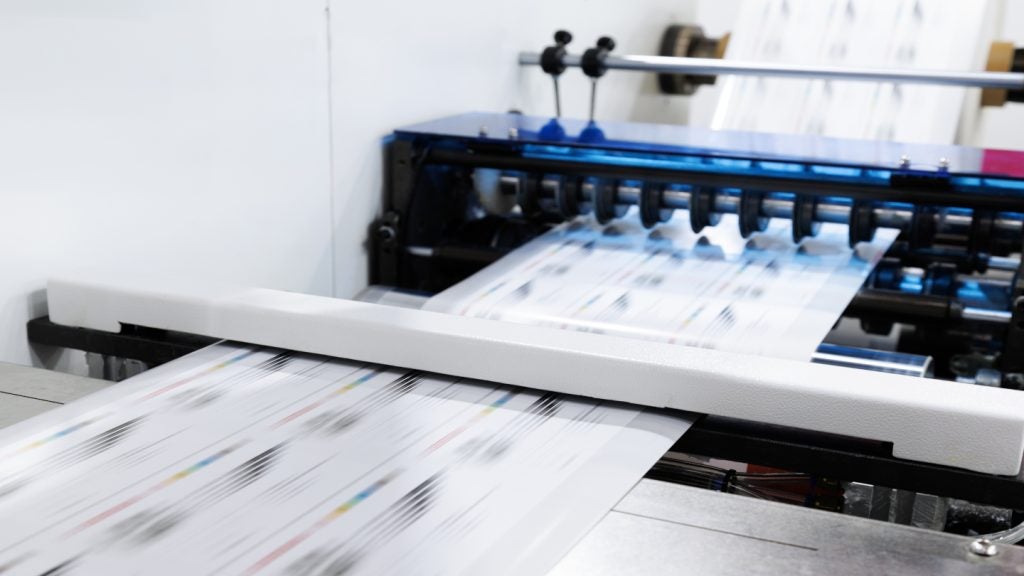The UK introduced the Plastic Packaging Tax in April 2022, aiming to reduce the environmental impact of single-use plastics and encourage businesses to use recycled materials.
Many companies are still unsure whether their packaging falls under the scope of this tax. Understanding the rules can help businesses avoid unexpected costs and contribute to sustainability.
What packaging is covered by the plastic packaging tax
The plastic packaging tax applies to plastic packaging manufactured in, or imported into, the UK that contains less than 30% recycled plastic. This includes a wide range of products, from food containers and bottles to wrapping materials.
Packaging made entirely from recycled plastic or exceeding the 30% threshold is generally exempt. However, even partial use of virgin plastic in packaging can trigger the tax.
The law focuses on the plastic content by weight rather than the overall product size, meaning small amounts of non-recycled plastic in otherwise recyclable packaging may still be liable.
Certain types of packaging are explicitly exempt, such as those used for medicines or medical devices, and small businesses below specific thresholds. Businesses need to be aware of these exceptions but should carefully review their supply chains to ensure compliance.
How businesses calculate and report the tax
Companies liable for the plastic packaging tax must register with HM Revenue & Customs (HMRC) and maintain detailed records of the plastic used in their packaging.
The tax is charged per tonne of plastic packaging that does not meet the recycled content threshold, currently set at £200 per tonne. Calculating liability requires accurate data on the weight and composition of each packaging type.
Businesses must submit quarterly returns to HMRC, reporting the amount of taxable packaging manufactured or imported. Maintaining comprehensive records not only ensures compliance but also helps businesses identify opportunities to reduce costs by incorporating more recycled materials.
Accurate reporting is crucial, as failure to comply can result in financial penalties or additional inspections.
Strategies to reduce plastic tax liability
Many companies are exploring strategies to reduce their exposure to the plastic packaging tax. Increasing the proportion of recycled plastic in packaging is the most straightforward approach.
For example, replacing virgin plastic with post-consumer recycled materials can bring packaging above the 30% threshold and exempt it from the tax.
Alternative solutions include redesigning packaging to reduce overall plastic content or switching to reusable, compostable, or biodegradable materials. Some businesses are also working closely with suppliers to source recycled plastics more efficiently.
Investing in sustainable packaging not only mitigates tax liability but can enhance brand reputation, appealing to environmentally conscious consumers and aligning with corporate sustainability goals.
Transitioning to compliant packaging requires careful planning. Companies must balance cost, supply chain availability, and environmental impact.
Over time, integrating recycled materials and sustainable practices can provide long-term financial and reputational benefits.














